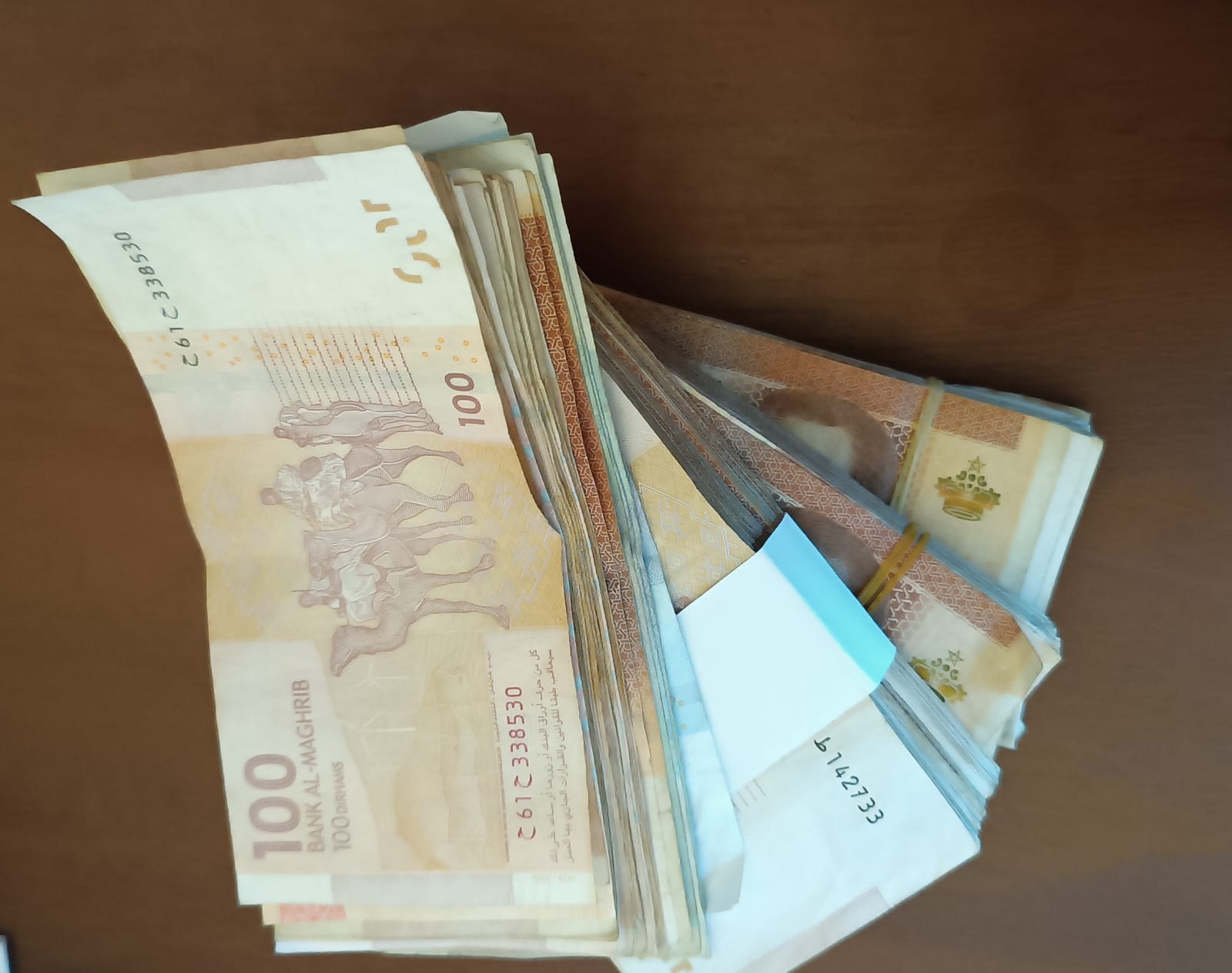Casablanca – The Council of Europe has recently published a comprehensive report evaluating Morocco’s adherence to international standards for combating money laundering and terrorism financing. The report comes after the country’s adoption of the Warsaw Convention, which entered into force on August 1, 2022. This marks a significant step in Morocco’s continued efforts to align with global best practices in preventing financial crimes.
The Warsaw Convention, adopted in 2005, represents the first international legal instrument aimed at both preventing and combating money laundering and the financing of terrorism. This treaty covers various measures, including the detection, seizure, and confiscation of criminal assets, and it provides for effective judicial cooperation among member states.
In its latest review, the Council of Europe examined Morocco’s compliance with several key provisions of the convention. These include provisions related to the reversal of the burden of proof in confiscation procedures, the management of frozen or seized assets, the monitoring of banking transactions as a tool for investigation, and the criminalization of money laundering. The report also assesses the responsibility of legal entities (such as corporations), the international recurrence of financial crimes, the deferral of suspicious transactions, and the sharing and restitution of confiscated assets.
Areas of strength
The Council of Europe acknowledged Morocco’s significant progress in implementing the provisions of the Warsaw Convention. Over the past few years, the country has introduced a range of legislative, organizational, and awareness-building measures to strengthen its anti-money laundering (AML) and counter-terrorism financing (CFT) framework. Notably, Morocco has made strides in improving the legal environment for confiscation procedures and asset management, as well as enhancing international cooperation on criminal matters.
In particular, Morocco’s efforts were recognized by the Financial Action Task Force (FATF), which removed the country from the “gray list” following its robust commitment to adhering to international AML and CFT standards. This removal reflects Morocco’s dedication to addressing the global challenges of money laundering and terrorism financing, ensuring that it meets international norms and regulatory expectations.
The Council of Europe also praised Morocco’s ongoing efforts to track and suspend suspicious financial transactions. The Moroccan Financial Intelligence Unit (FIU) has been instrumental in identifying illicit financial activities, with a reported 5,777 suspicious transaction reports received in 2023, a marked increase from previous years.
Areas for improvement
Despite Morocco’s progress, the Council of Europe outlined several key areas where further improvement is necessary. One of the major recommendations was for Morocco to strengthen its legal framework regarding the burden of proof in money laundering cases. The current legislation does not fully align with the Warsaw Convention, which requires that individuals under investigation prove the legitimate origin of their assets. The Council called for the introduction of legislative measures that would impose this obligation on defendants, thereby ensuring compliance with international legal standards.
The report also highlighted the need for reforms in monitoring banking transactions, particularly those requested by other states. While some legislative measures are already in place, the Council of Europe urged Moroccan authorities to amend laws to allow for more robust surveillance of financial activities, especially in cross-border cases.
Additionally, while Morocco has made progress in the area of corporate accountability, the report pointed out that the legal framework does not yet define clearly the circumstances under which a corporation can be held responsible for money laundering offenses. This gap in legislation calls for greater clarity and stronger enforcement mechanisms to hold legal entities accountable.
International cooperation and asset recovery
Another area requiring attention is Morocco’s approach to international cooperation on asset recovery. The country has yet to implement effective mechanisms to prioritize the restitution of confiscated assets to victims or rightful owners. The Council of Europe recommended that Morocco adopt measures to ensure that confiscated assets are returned in a manner that aligns with the convention’s guidelines. This would help ensure that criminals are deprived of their illicit gains while victims receive appropriate compensation.
The management of frozen or seized assets also remains a challenge, as Morocco has yet to establish a fully operational system for their administration. The Council encouraged the Moroccan authorities to put in place a comprehensive framework for managing these assets, with a focus on improving practical implementation.
While Morocco has made significant progress in its fight against money laundering and terrorism financing, the latest review by the Council of Europe underscores the importance of continued efforts to close gaps in the legal and institutional framework. By addressing the recommendations provided by the Council, Morocco can further strengthen its position as a leader in financial crime prevention, ensuring that its financial system remains secure and transparent, and aligned with international standards.
As Morocco moves forward with the implementation of these recommendations, it will continue to play a vital role in the global fight against money laundering and terrorism financing, fostering greater cooperation and security across borders.
















